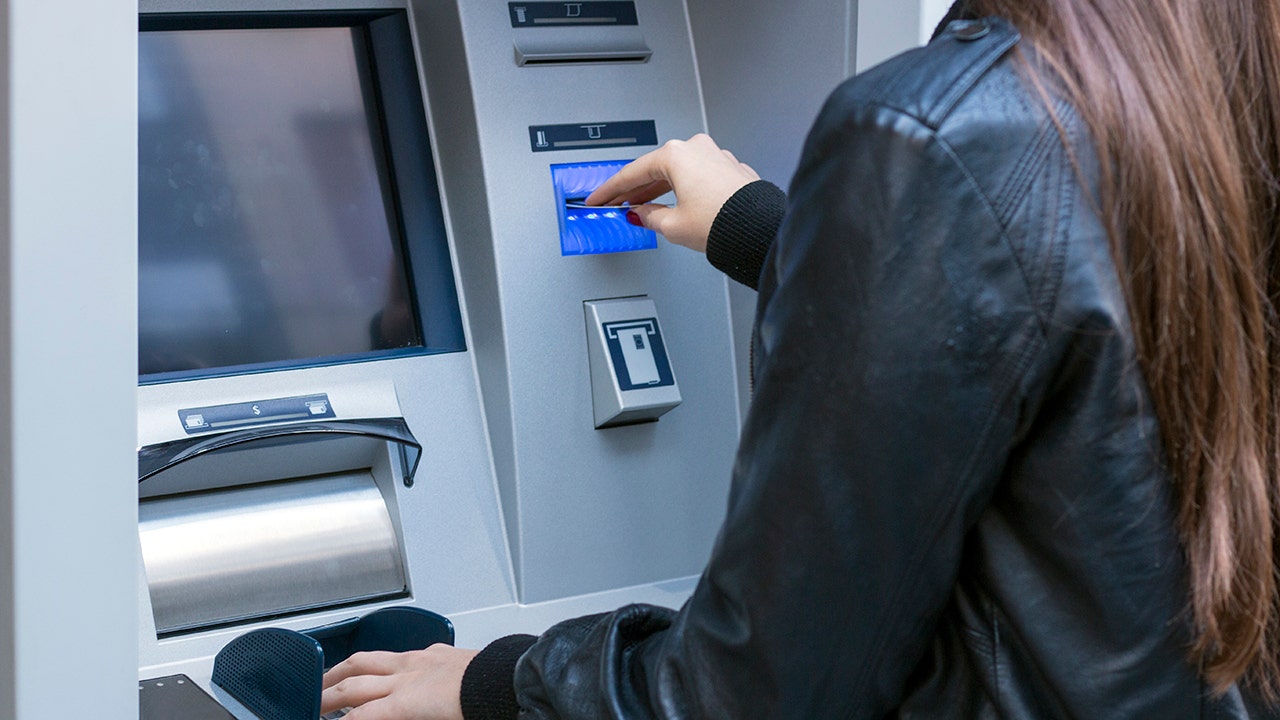
the staff of the Ridgewood blog
WASHINGTON, D.C. — Former President Donald Trump is taking direct aim at banks over the controversial practice of “debanking”—the closure or denial of financial accounts allegedly based on a customer’s political views, religious beliefs, or lawful business activities.
On August 7, 2025, Trump signed an executive order titled “Guaranteeing Fair Banking for All Americans,” warning banks and regulators that political or religious discrimination in financial services will not be tolerated.
The move comes amid growing voter concern. A new Rasmussen Reports poll found that 63% of likely U.S. voters support Congress passing a law banning debanking, while only 20% oppose it.
What Is Debanking?
Debanking refers to a bank either refusing to open an account or suddenly closing an existing one. While banks say this often stems from anti-money laundering laws, compliance requirements, or risk concerns, critics argue that political and religious bias sometimes plays a role.
Prominent examples include:
-
Sam Brownback, former Kansas governor, claimed JPMorgan Chase shut down his religious nonprofit’s account without explanation.
-
Trump himself alleged that both Bank of America and JPMorgan Chase “debanked” him because of his political affiliation. Both banks deny any political discrimination.
Trump’s Executive Order: Ending “Reputational Risk” Rules
The White House order targets the concept of “reputational risk”—a regulatory framework that critics say allows banks to cut ties with lawful businesses simply because regulators or financial executives dislike them.
Key provisions:
-
Directs banking regulators to remove reputational risk as a supervisory factor.
-
Demands agencies stop encouraging banks to debank lawful businesses, individuals, or nonprofits.
-
Frames debanking as a threat to livelihoods, payrolls, reputations, and financial security for everyday Americans.
The Politics Behind Debanking
The issue isn’t new. Under the Obama-era “Operation Choke Point,” regulators pressured banks to cut ties with industries like firearms, payday lending, and adult entertainment. Critics called it political discrimination against lawful businesses.
During the Biden administration, banks were accused of targeting cryptocurrency firms in what some dubbed “Choke Point 2.0.” Following the collapse of FTX and several crypto-focused banks, regulators pressured institutions to distance themselves from crypto clients, citing fraud and money-laundering risks.
Is Debanking Really Happening?
Experts are divided:
-
Nick Anthony of the libertarian-leaning Cato Institute argues that widespread political or religious debanking is “not persuasive” and mostly anecdotal.
-
Thomas Kingsley of the American Action Forum notes that most account closures are tied to compliance with federal law, not discrimination.
-
Critics say secrecy rules around suspicious activity reports leave customers in the dark, making it easy to believe closures are politically motivated.
Why It Matters
With banking access essential for modern life, the debate over debanking is now mainstream. Polling shows strong bipartisan support for reforms to protect individuals and businesses from what many see as unfair financial discrimination.
Whether Trump’s executive order results in significant policy change—or is largely symbolic—remains to be seen. However, the political momentum suggests Congress may soon act to enshrine new protections into law.
Take the Wall Street Walking Tour https://www.facebook.com/unofficialwallstreet
#WallStreetTours,#FinancialDistrictExploration, #ExploreWallStreet, #FinancialHistoryTour, #StockMarketExperience, #FinancialDistrictDiscovery, #NYCFinanceTour,#WallStreetAdventure
